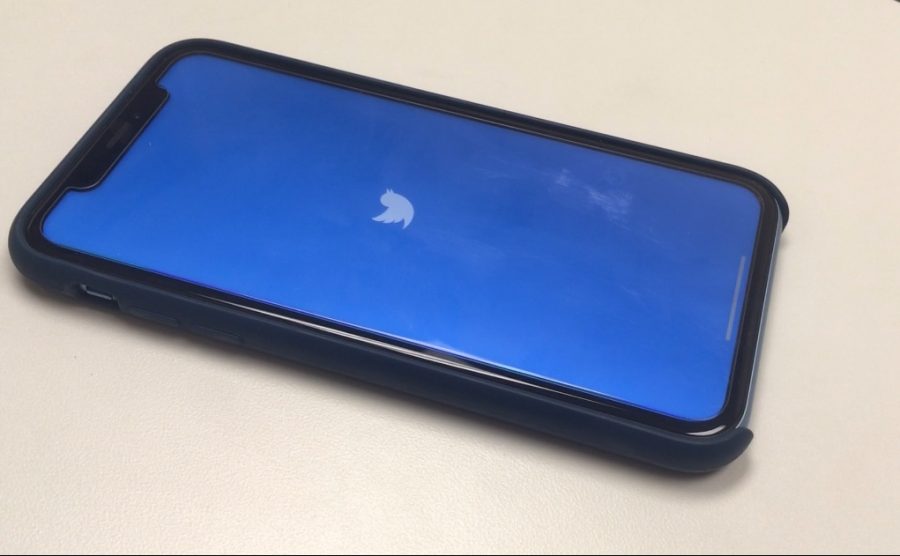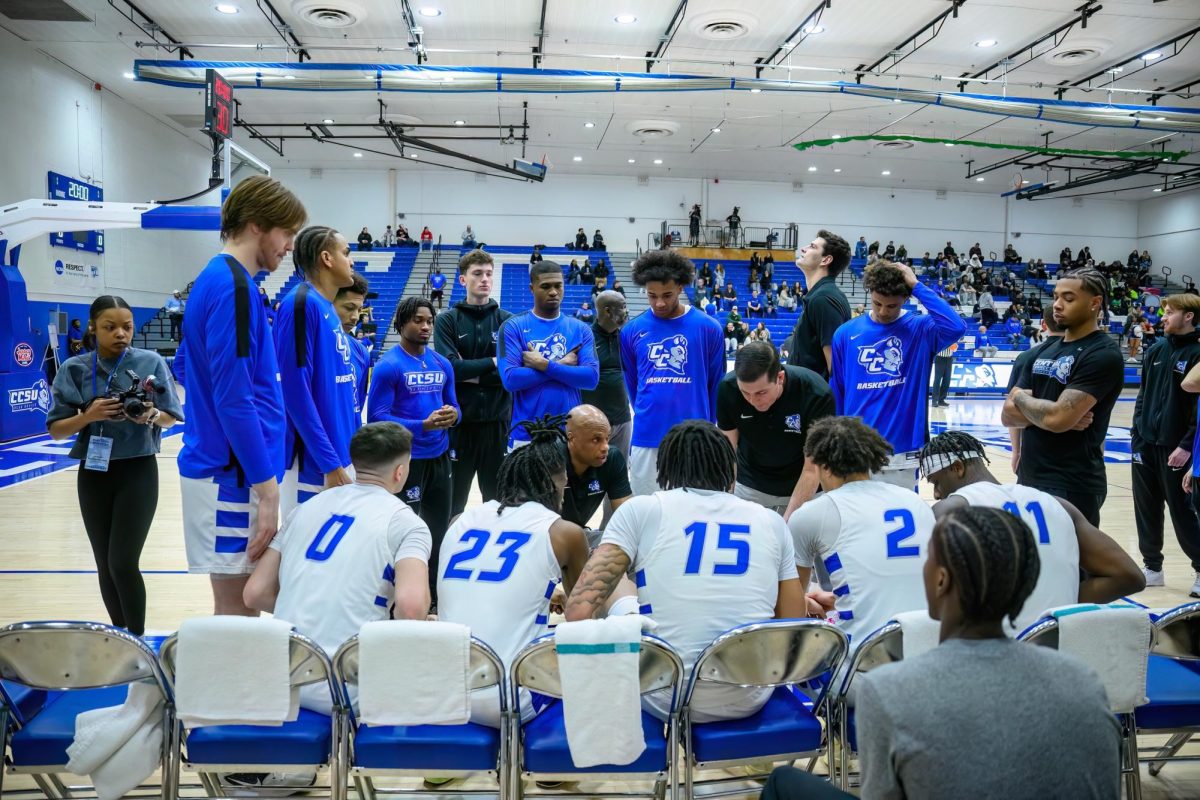Kelly Langevin, Copy Editor
March 5, 2019
So many people post everything on social media that it now becomes hard to imagine a time where cell phones weren’t placed into the hands of this generation.
It has become routine for people, including myself, to grab our phone and record something on Snapchat or another platform when anything funny, interesting, adorable and anything, literally, happens.
What happens, though, when social media is not being used to show our friends and family what happened in our lives today? What if that funny moment someone posted doesn’t seem so funny after all because the picture we are tagged in doesn’t look flattering in your mind? What happens when you post a picture of yourself and don’t get as many comments or likes as someone else you know?
You get in your head.
A Common Sense survey called “Children, Teens, Media, and Body Image” found that many teens who are active online fret about how they’re perceived, and that girls are particularly vulnerable; 35 percent of those surveyed were worried about people tagging them in unattractive photos, 27 percent felt stressed about how they look in posted photos and 22 percent felt bad about themselves if their photos were ignored.
Girls – and guys, too! – compare themselves to people online, which can lead to mental health issues down the road.
One study out of the University of Pittsburgh, for example, found a correlation between time spent scrolling through social media apps and negative body image feedback. Those who had spent more time on social media had 2.2 times the risk of reporting eating and body image concerns, compared to their peers who spent less time on social media. The participants who spent the most time on social media had 2.6 times the risk, according to Psychom.
It can be easy to do so, but people start basing their own looks off of models and public figures who spend thousands if not millions of dollars achieving their looks which might not even be real.
People who pay less attention to the ones in the spotlight then turn to their friends. Maybe they get more likes on a picture or maybe they have been asked out more over social media, which for some may cause themselves to look at their own accounts with disappointment.
According to Dr. Jill Walsh, a researcher who studies the effects of social media on adolescent development, girls are not comparing themselves to media ideals as much as one would expect, but they are making micro-comparisons to their peers. As Walsh told The New York Times: “It’s not me versus Gisele Bündchen in a bikini, it’s me versus my good friend Amy in our bikinis.”
There are dozens of apps available at our fingertips as well, such as Facetune, BodyApp, BodyTune and Airbrush, to name a few, that actually allow you to virtually adjust anything on your body to eliminate what people view as their own imperfections.
There is nothing wrong with editing your photos, but people have to remember that what they are also seeing on social media is also edited as well. What people post on Instagram, Facebook, Twitter and Snapchat is most likely not what they exactly look like, so we need to take a step back and stop comparing ourselves to false advertisements.
Social media can destroy and distort the ideals of the “perfect” body. We as a society should aim to change that.







